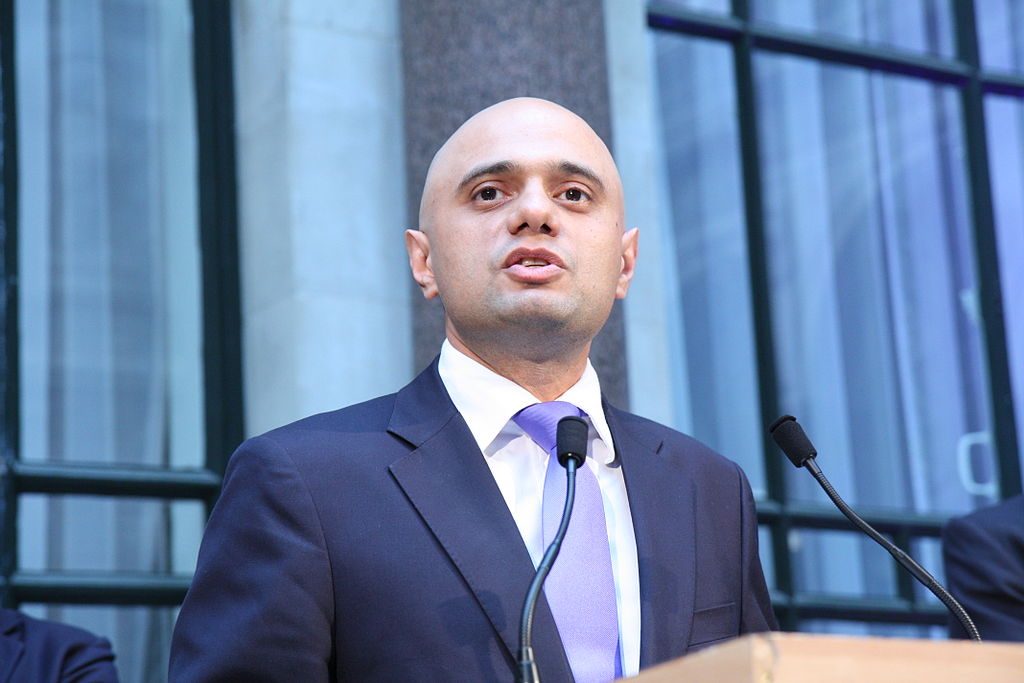Legal experts and child rights organisations have expressed grave concerns that thousands of children of EU nationals may become undocumented immigrants following Brexit.
Already vulnerable youths in the UK could end up suffering the same fate of the Windrush generation, finding out that they do not have the same legal rights as UK citizens when they are threatened with deportation or are unable to access national services.
There are an estimated 900,000 EU national children in the UK at the moment, with around 285,000 born in Britain. Particularly at risk would be children in care homes, foster care or in vulnerable families.
Human rights lawyer Sailesh Mehta, of Red Lion Chambers, says it is down to the Home Office to prioritise setting up a settlement scheme that actually works.
“With many other Brexit problems on the horizon, this one may quietly fail without the public becoming aware of it until it is too late,” he tells RightsInfo.
“This may become another in a long list of Brexit problems which have not been given the attention it deserves.
“As always, it is the innocent who will suffer as a result of political indifference and incompetence. These undocumented children will become unwitting victims of the ‘hostile environment’ that populist Brexit supporters will be pushing with greater vigour in the coming years.”
What Is The Problem With The Current Application Process?
The current application procedure for settled status requires children or their legal guardians to produce documentation. A report by the Coram Children’s Legal Centre found that one in five children they assisted as part of a test did not have this documentation.
“Children and young people face a number of barriers to settlement, some of which are the result of policy decisions made by the Home Office in designing the scheme, and others which are pre-existing practical obstacles,” the report on the Government settlement scheme reads.
“A lack of legal advice and assistance is likely to exacerbate these problems, and we are concerned about the potential for poor decision-making and the absence of a right of appeal in the event of the UK leaving the EU without a withdrawal agreement.”
What Scale Of Crisis Could We Be Set To See?
Speaking to the Guardian, Kamena Dorling, group head of policy and public affairs at Coram, gave a sense of the potential scale of the crisis.
“If just 15% of the current population of EU national children fail to ‘regularise’ their status before the cut-off point, 100,000 children would be added to the UK’s undocumented child population overnight, nearly doubling it [the numbers of existing undocumented children],” she said.
 Image credit: Home Secretary Sajid Javid/Wikimedia
Image credit: Home Secretary Sajid Javid/Wikimedia
The organisation is urging the Government to reconsider the process and force local authorities to identify vulnerable children now in order to settle their status ahead of the cut-off point in 2020 or 2021.
They also want the Government to waive the application fee for Brexit children.
The Home Office has insisted that it is working closely with local authorities to manage the status of all “looked after children” who are EU citizens, saying in a statement that “no one will be left behind”.
How Will The Rights Of Brexit Children Be Impacted By Being Left Undocumented?
A child left undocumented after Brexit will not have the necessary “settled” status required to be able to stay in the country as a UK citizen and use national services.
At the moment, children need to have been in the country for more than five years – or to have been born here – to be granted “settled” immigration status. However, an undocumented child may be given “pre-settled” status and have no way of proving just how long they’ve been in Britain. This affects their basic human right to a nationality and an identity, as well as other rights.
“It’s obvious this is another Windrush scandal waiting to happen,” immigration rights barrister Julian Norman of Drystone Chambers tells Rights Info.
“A child who is undocumented may not know that they are undocumented until they reach the age of 18 and realise that they can’t access higher education. They might not be able to get a job, they won’t be able to drive, and they could risk criminality if they do these things. They will have grown up with the expectation that they are British and may only find out then that they are not.
 Image credit: Unsplash
Image credit: Unsplash
“This interferes with their right to an education, Article 8 of the Human Rights Act which is their right to private life, and they may be unable to prove that they qualify for settled status. ”
Being undocumented would put them at risk of deportation to a country they may no longer have connections to without the right to appeal.
“If that were to happen, the only thing left for them to access would be judicial review. These are costly, time-consuming and not effective for the applicant.
“The Government must be open to work to research things like HMRC records on the child’s behalf and not leave the burden of proof down to the applicant.”
Could Leaving EU Children Undocumented In The UK Be In Breach Of UN Guidelines?
Tracey Kirk, child and adolescent rights lecturer at Glasgow Caledonian University, believes so.
“From a United Nations point of view, under the UN Convention on the Rights of the Child, the welfare of children should come above all else.
“The fact is not only are we talking about children here, but we are talking about the most vulnerable of children – those who have already been failed by society in some way and are therefore in care,” she tells RightsInfo.
“We are making these people even more vulnerable.”

Image credit: Unsplash
Ms Kirk adds that legal advice and assistance should be provided “as a given” and that there should be no doubt as to child entitlement to that.
“All children have the same rights provided to them irrespective of how much money they have, their sex, their colour. They are all children. As soon as you put a cost on that, it marginalises those who can’t afford it. This is a clear breach of human rights, the right to an identity and the right to a nationality.”
Does Everyone Have A Human Right To A Nationality?
The legal instruments that describe nationality as a human right include the Universal Declaration of Human Rights, the International Convention on the Elimination of All Forms of Racial Discrimination, the International Covenant on Civil and Political Rights, the Convention on the Rights of the Child, the Convention on the Elimination of All Forms of Discrimination Against Women, and many more.
“Arbitrary deprivation of nationality”, which means deliberately moving to make a citizen stateless, is prohibited under these instruments.
Article 15 of the Universal Declaration of Human Rights is particularly explicit on this point.
The lack of clarity around the documentation of children after Brexit could lead many to have their human right to a nationality in dispute if they are unable to prove they have a right to remain in the UK.







